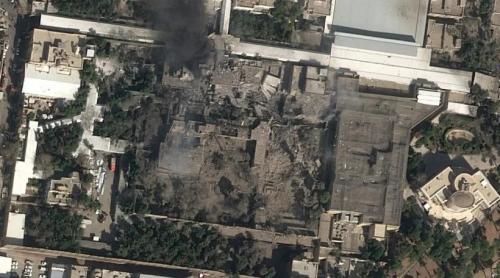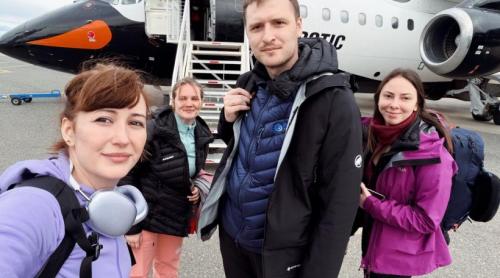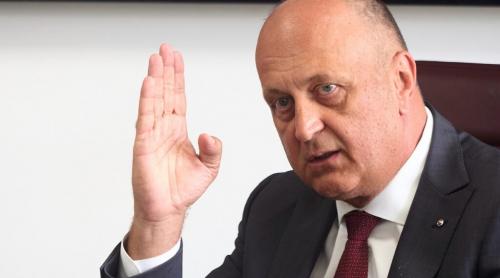
The Romanian finance minister Sebastian Vladescu came back two days ago from the meeting in Washington with the IMF representatives, and yet no official states publicly that Romania failed in its agreement with the IMF. The Romanian authorities most likely wait for the IMF to talk first, to then make a diplomatic about face.
The disagreement was apparent when the Ministry of Finance proposed for the 2006 budget deficit to widen to 0.9% from 0.5% of GDP, while the IMF stance was constantly contrary to that move, discouraging economic policies leading to that kind of effect. Mihai Tanasescu, former finance minister in the social democrat government and current president of the Budget Committee in the House, said that "due to the lack of fiscal discipline the IMF decided to end the agreement with Romania. The IMF mission which was to arrive here in May will not come to Bucharest anymore." Tanasescu also said that the IMF deems the inflation rate target set by the Government as unrealistic. He added that the decision to widen the budget deficit while the IMF was pleading for a balanced budget to help the central bank fight the inflation was labeled by the IMF as fiscal indiscipline. The last stand-by agreement between Romania and IMF began in July 2004 and was suspended last fall, when the IMF deemed it to be "out of track" after the Government rejected the IMF proposal to increase budget revenues with either hiking the VAT or the flat income tax. The main problems the IMF identified were that unrealistic 2006 budget, macroeconomic imbalances, higher inflation and current account deficit, lack of a structural reform, and derailed wage policy.
Citește pe Antena3.ro


















